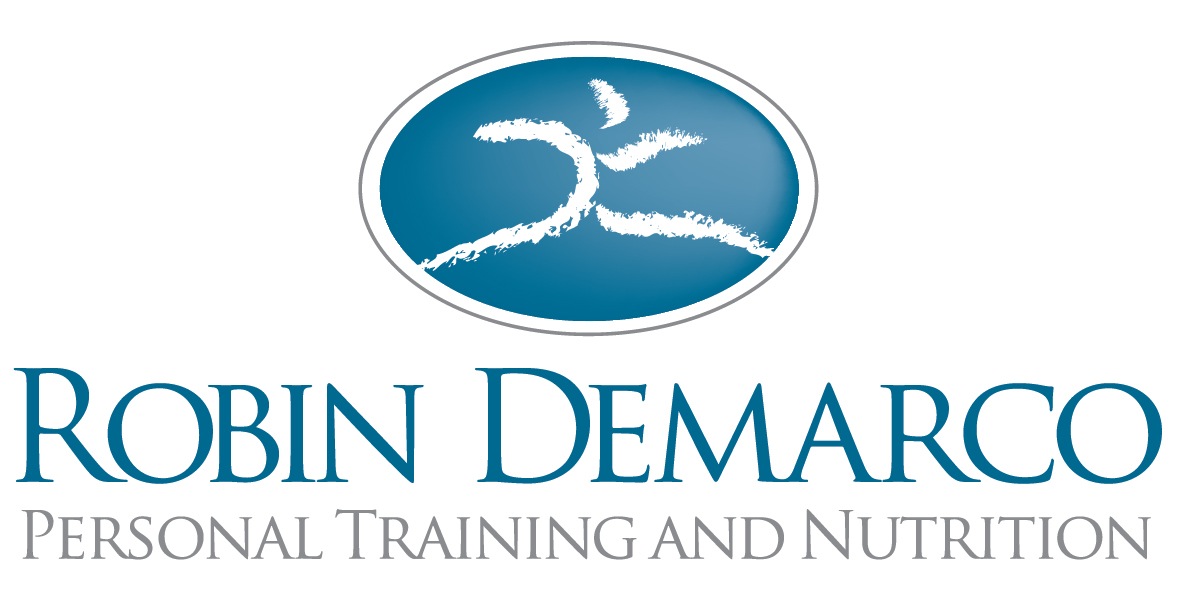Genetically modified food is infiltrating our food and you probably don't even know you're eating it. The term GMO stands for genetically modified organisms. Genes from other plants, viruses, bacteria, animals, etc. are inserted into the genes of certain products (such as corn or soy) to make them more stable and resistant to drought, disease, and pesticides.
Are they safe?
Well before the FDA decided to allow GMOs into food without labeling, FDA scientists had repeatedly warned that GM foods can create unpredictable, hard-to-detect side effects, including allergies, toxins, new diseases, and nutritional problems. They urged long-term safety studies, but were ignored.
The American Academy of Environmental Medicine (AAEM) reported that “Several animal studies indicate serious health risks associated with GM food,” including infertility, immune problems, accelerated aging, faulty insulin regulation, and changes in major organs and the gastrointestinal system. The AAEM asked physicians to advise patients to avoid GM foods.
Here is a summary of crops, foods and food ingredients have been genetically modified as of May, 2010:
Currently Commercialized GM Crops in the U.S.:
(Number in parentheses represents the estimated percentage that is genetically modified.)
Soy(91%) Canola(88%) Corn(85%) Sugar Beets(90%) Hawaiian papaya(more than 50%) Alfalfa, Zucchini and Yellow Squash(small amount) Tobacco(Quest® brand)
Other Sources of GMOs:
• Dairy products from cows injected with the GM hormone rbGH
• Food additives, enzymes, flavorings, and processing agents, including the sweetener aspartame
(NutraSweet®) and rennet used to make hard cheeses
• Meat, eggs, and dairy products from animals that have eaten GM feed
• Honey and bee pollen that may have GM sources of pollen
• Contamination or pollination caused by GM seeds or pollen
Some of the Ingredients That May Be Genetically Modified: Vegetable oil, vegetable fat and margarines (made with soy, corn, cottonseed, and/or canola)
Ingredients derived from soybeans: Soy flour, soy protein, soy isolates, soy isoflavones, soy lecithin, vegetable proteins, textured vegetable protein (TVP), tofu, tamari, tempeh, and soy protein supplements.
Ingredients derived from corn: Corn flour, corn gluten, corn masa, corn starch, corn syrup, cornmeal, and High-Fructose Corn Syrup (HFCS).
Complete List of Invisible Ingredients
Some of the Foods That May Contain GM Ingredients:
Infant formula
Salad dressing
Bread
Cereal
Hamburgers and hotdogs
Margarine
Mayonnaise
Crackers
Cookies
Chocolate
Candy
Fried food
Chips
Veggie burgers
Meat substitutes
Ice cream
Frozen yogurt
Tofu
Tamari and Soy sauce
Soy cheese
Tomato sauce
Protein powder
Baking powder
Any sugar not 100% Cane
Confectioner's glaze
Alcohol
Vanilla (may contain corn syrup)
Peanut butter
Enriched flour
Past
Malt
White vinegar
As you can see GMOs are everywhere! So how can you avoid them?
The easiest way is to eat organic. Organic foods do NOT use GMOs. The next best thing is to look for Non-GMO product seals. This food may not be certified organic, but it does not contain GMOs. Otherwise, you can probably bet there's GMOs in your food. The FDA doesn't require manufactures to label for GMOs which is so scary. To learn what manufacturers & farmers are committed to making healthy food without GMOs download this shopping list: http://www.nongmoshoppingguide.com/Non-GMO-Shopping-Guide.pdf
Are they safe?
Well before the FDA decided to allow GMOs into food without labeling, FDA scientists had repeatedly warned that GM foods can create unpredictable, hard-to-detect side effects, including allergies, toxins, new diseases, and nutritional problems. They urged long-term safety studies, but were ignored.
The American Academy of Environmental Medicine (AAEM) reported that “Several animal studies indicate serious health risks associated with GM food,” including infertility, immune problems, accelerated aging, faulty insulin regulation, and changes in major organs and the gastrointestinal system. The AAEM asked physicians to advise patients to avoid GM foods.
Here is a summary of crops, foods and food ingredients have been genetically modified as of May, 2010:
Currently Commercialized GM Crops in the U.S.:
(Number in parentheses represents the estimated percentage that is genetically modified.)
Soy(91%) Canola(88%) Corn(85%) Sugar Beets(90%) Hawaiian papaya(more than 50%) Alfalfa, Zucchini and Yellow Squash(small amount) Tobacco(Quest® brand)
Other Sources of GMOs:
• Dairy products from cows injected with the GM hormone rbGH
• Food additives, enzymes, flavorings, and processing agents, including the sweetener aspartame
(NutraSweet®) and rennet used to make hard cheeses
• Meat, eggs, and dairy products from animals that have eaten GM feed
• Honey and bee pollen that may have GM sources of pollen
• Contamination or pollination caused by GM seeds or pollen
Some of the Ingredients That May Be Genetically Modified: Vegetable oil, vegetable fat and margarines (made with soy, corn, cottonseed, and/or canola)
Ingredients derived from soybeans: Soy flour, soy protein, soy isolates, soy isoflavones, soy lecithin, vegetable proteins, textured vegetable protein (TVP), tofu, tamari, tempeh, and soy protein supplements.
Ingredients derived from corn: Corn flour, corn gluten, corn masa, corn starch, corn syrup, cornmeal, and High-Fructose Corn Syrup (HFCS).
Complete List of Invisible Ingredients
Some of the Foods That May Contain GM Ingredients:
Infant formula
Salad dressing
Bread
Cereal
Hamburgers and hotdogs
Margarine
Mayonnaise
Crackers
Cookies
Chocolate
Candy
Fried food
Chips
Veggie burgers
Meat substitutes
Ice cream
Frozen yogurt
Tofu
Tamari and Soy sauce
Soy cheese
Tomato sauce
Protein powder
Baking powder
Any sugar not 100% Cane
Confectioner's glaze
Alcohol
Vanilla (may contain corn syrup)
Peanut butter
Enriched flour
Past
Malt
White vinegar
As you can see GMOs are everywhere! So how can you avoid them?
The easiest way is to eat organic. Organic foods do NOT use GMOs. The next best thing is to look for Non-GMO product seals. This food may not be certified organic, but it does not contain GMOs. Otherwise, you can probably bet there's GMOs in your food. The FDA doesn't require manufactures to label for GMOs which is so scary. To learn what manufacturers & farmers are committed to making healthy food without GMOs download this shopping list: http://www.nongmoshoppingguide.com/Non-GMO-Shopping-Guide.pdf
